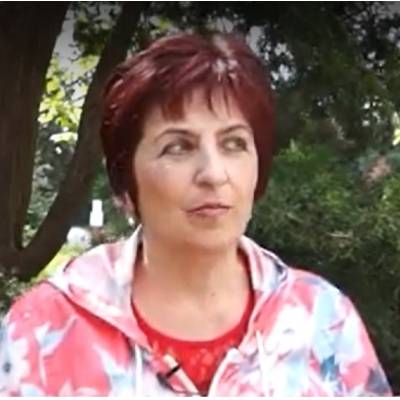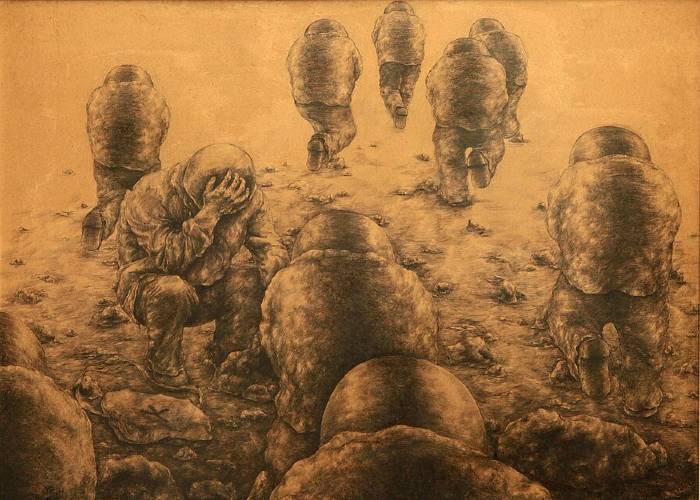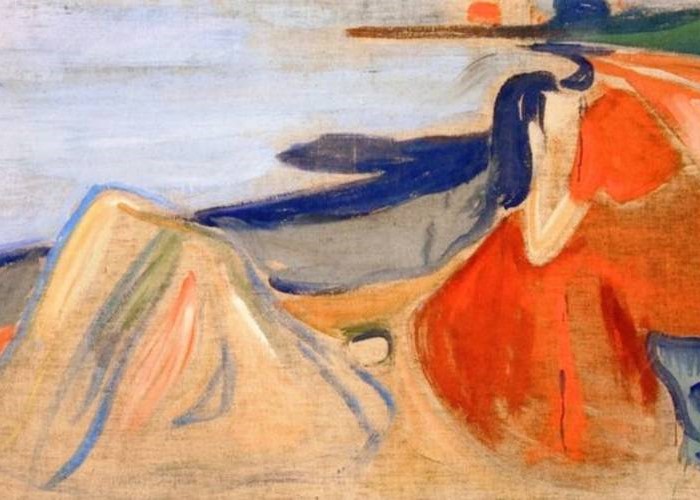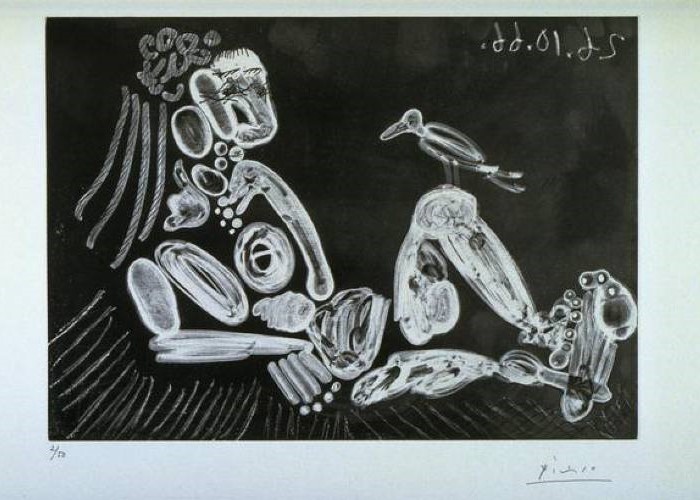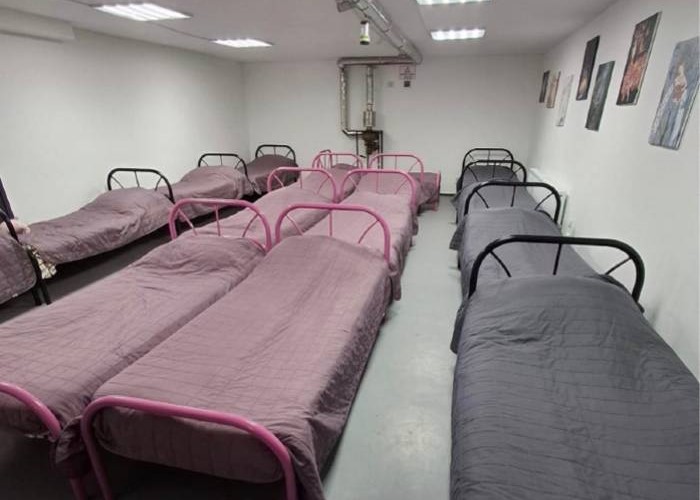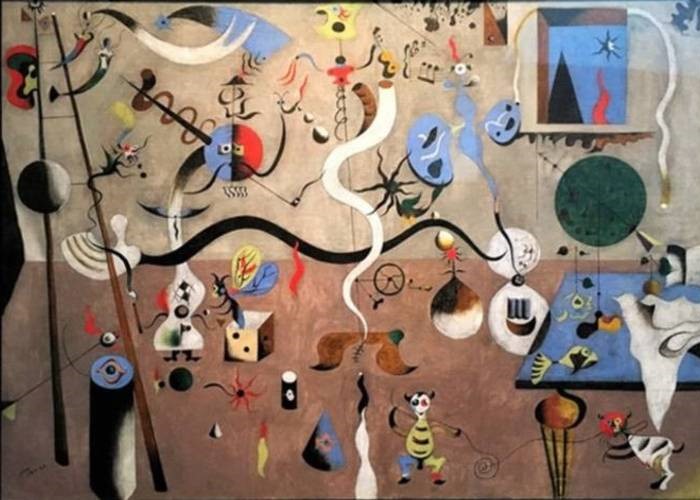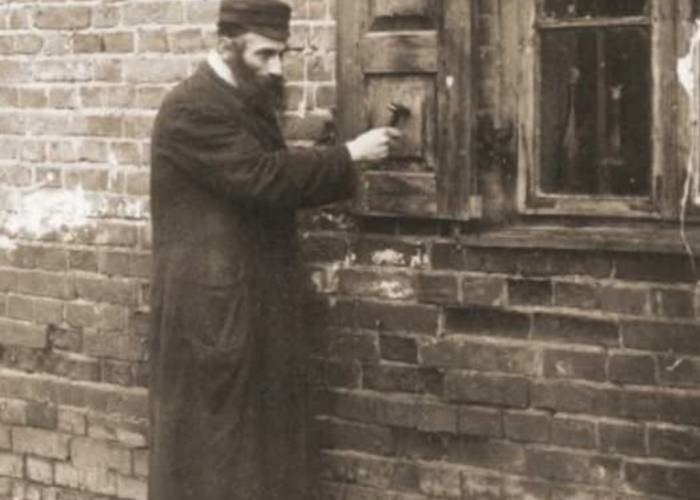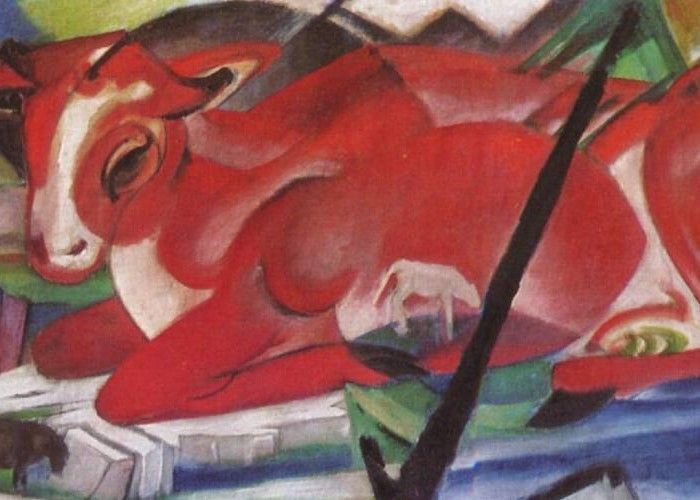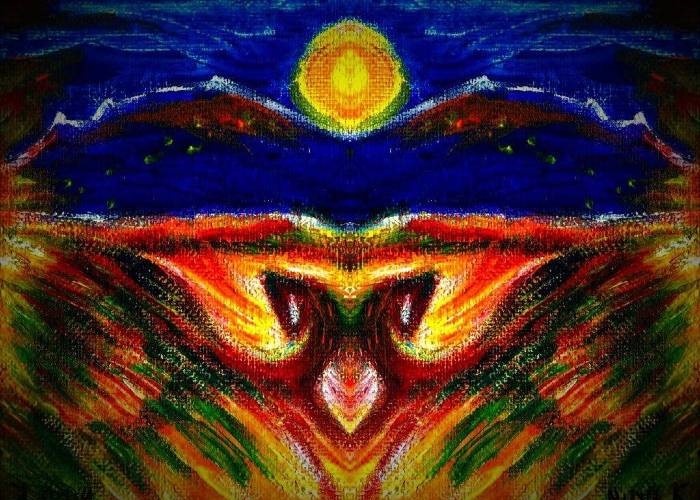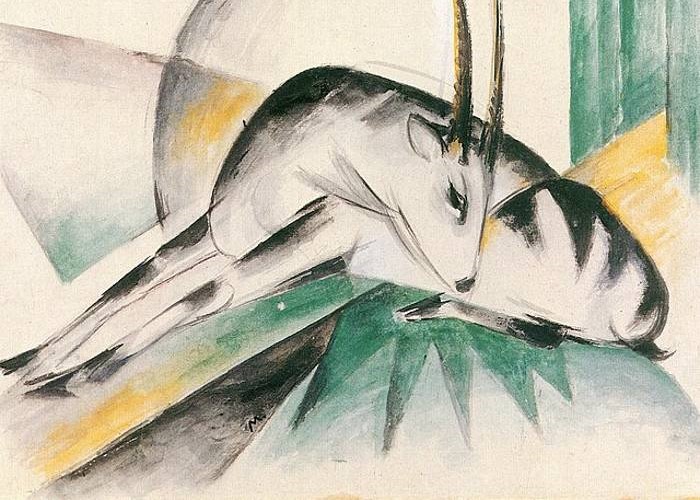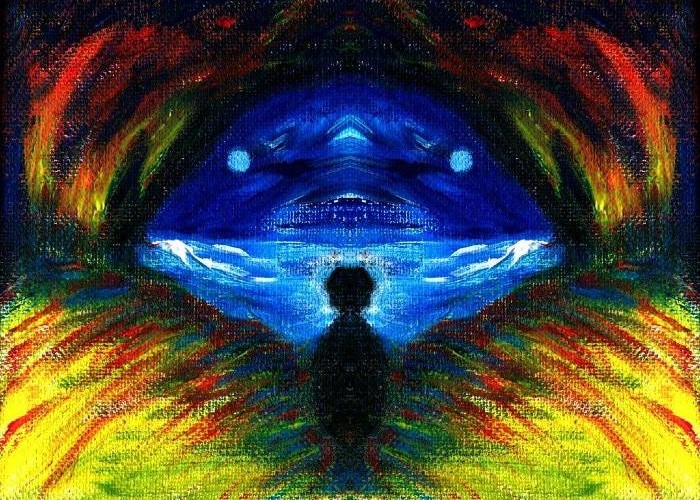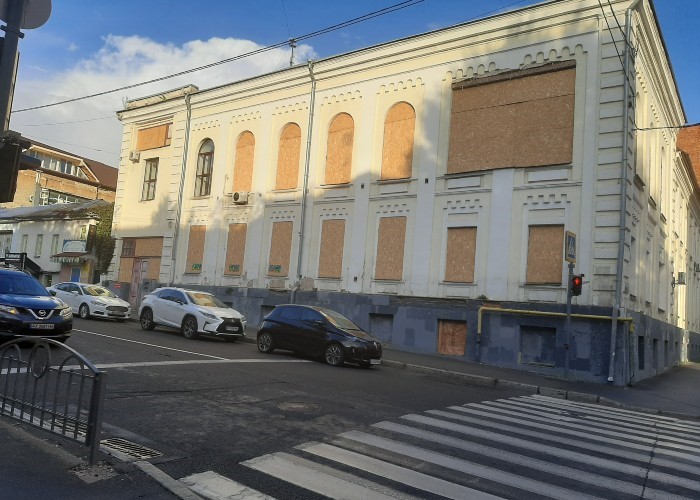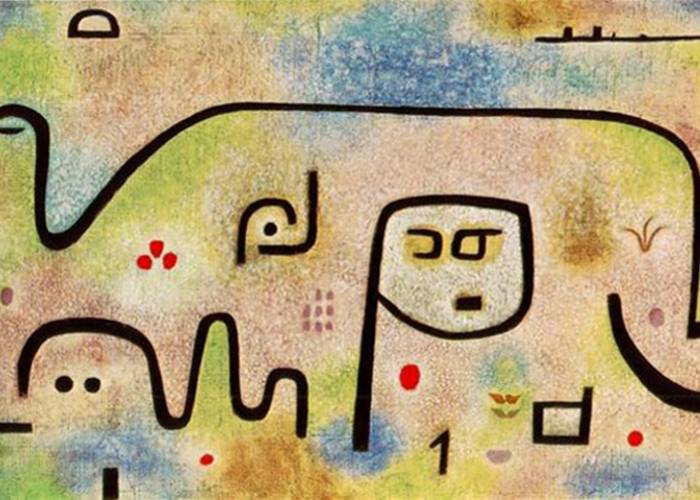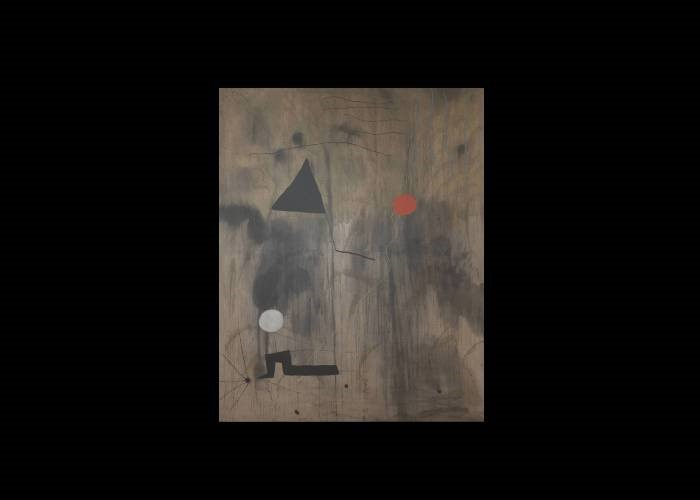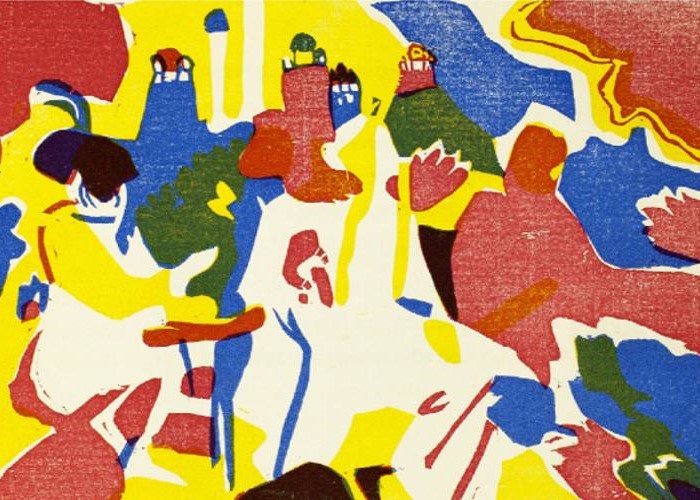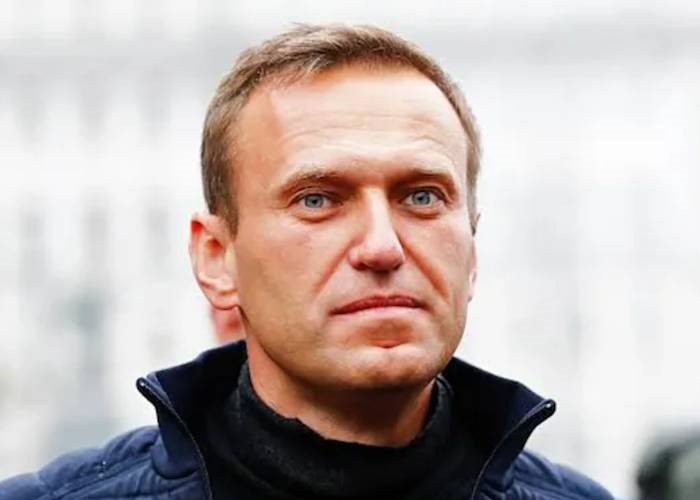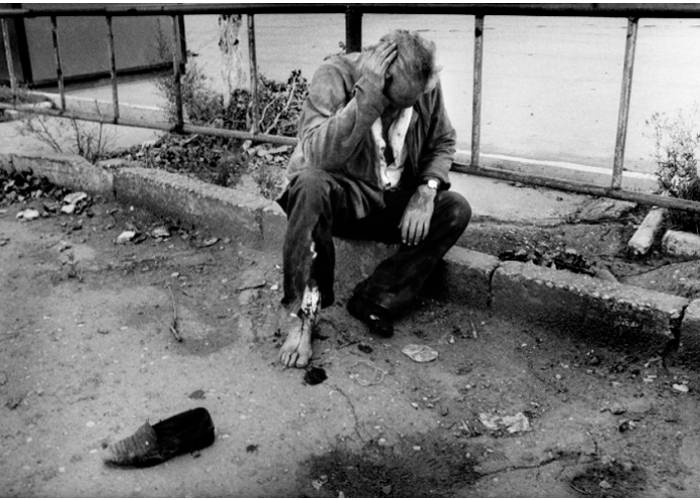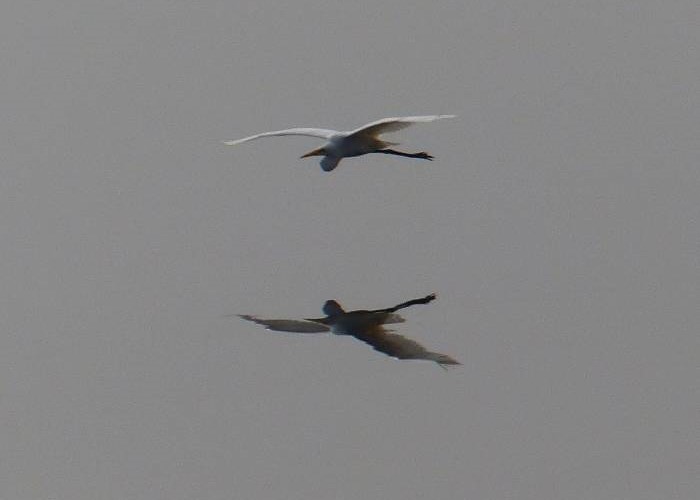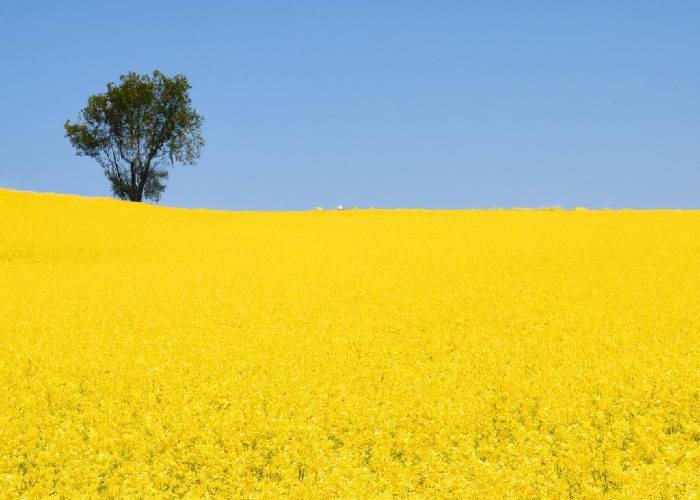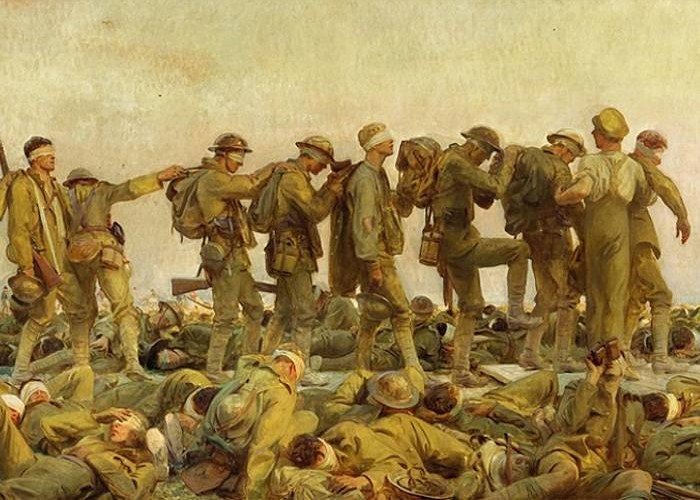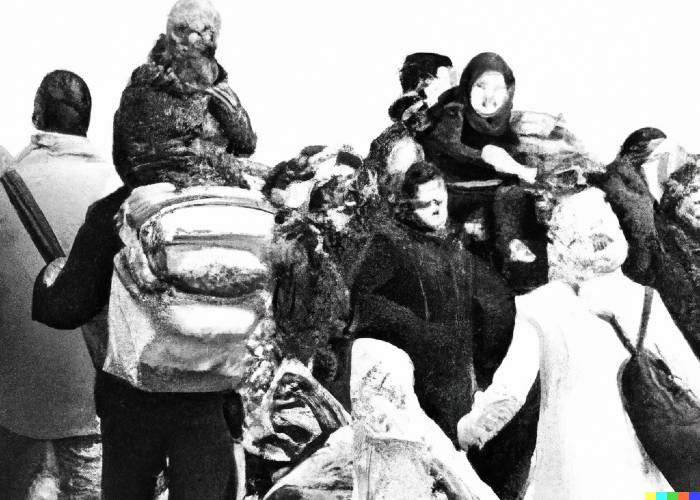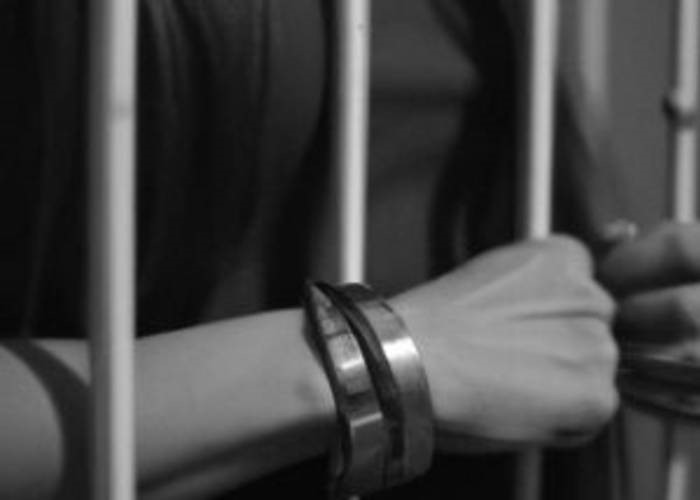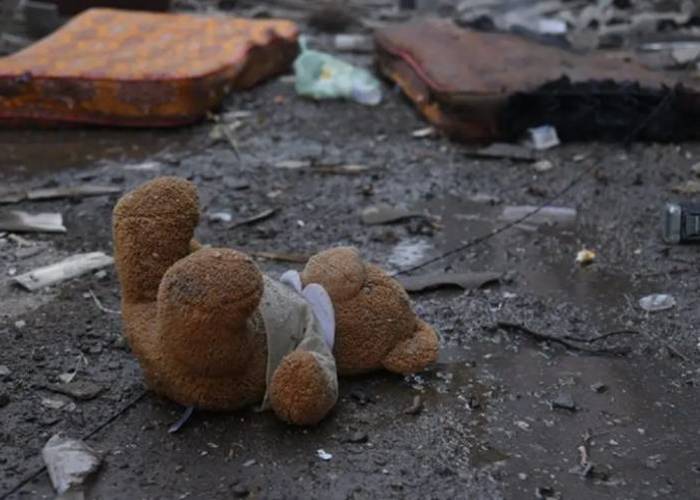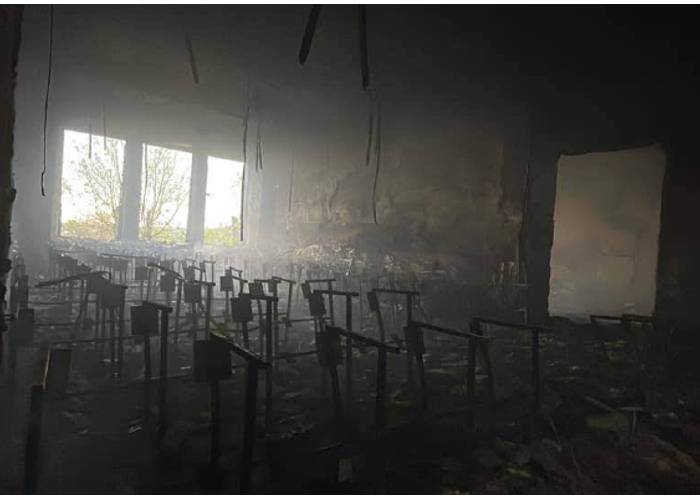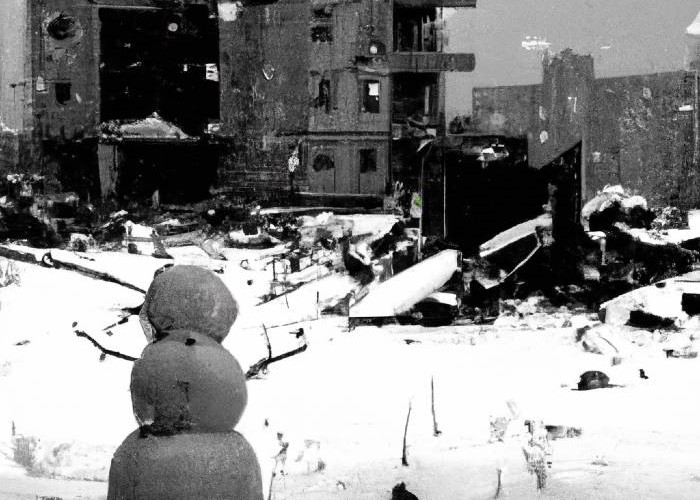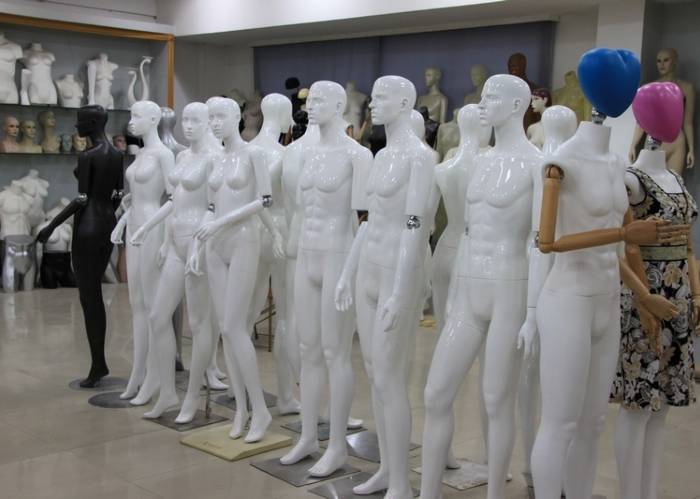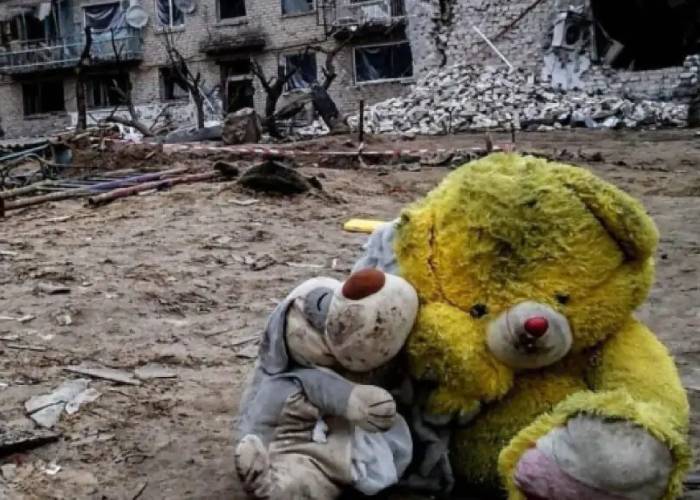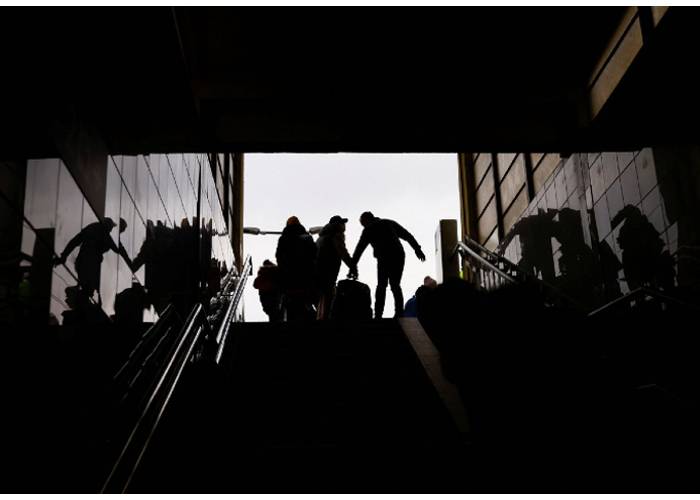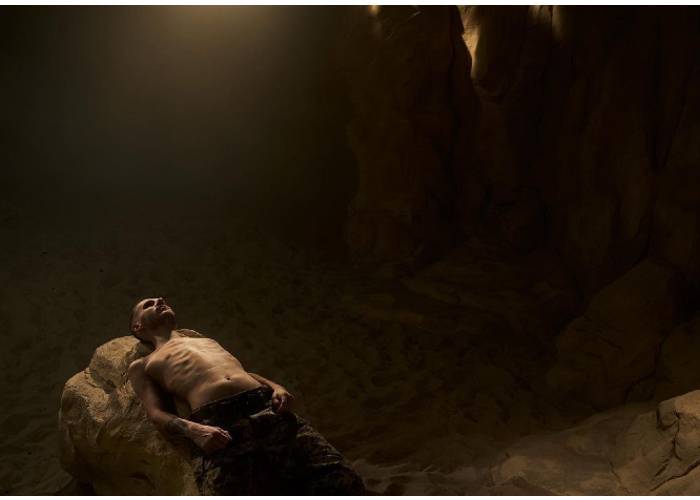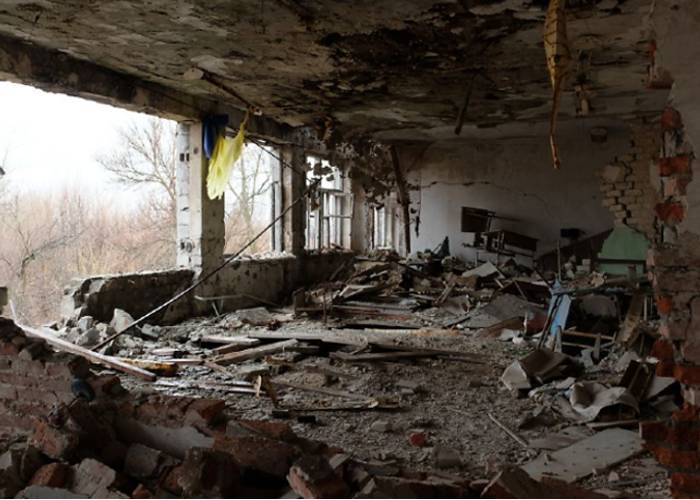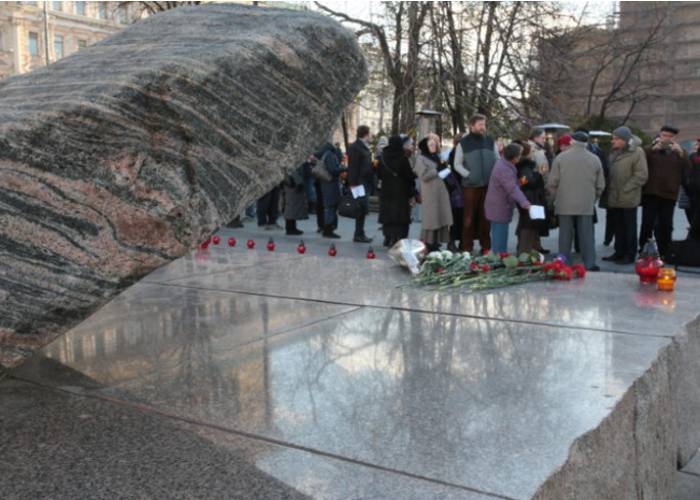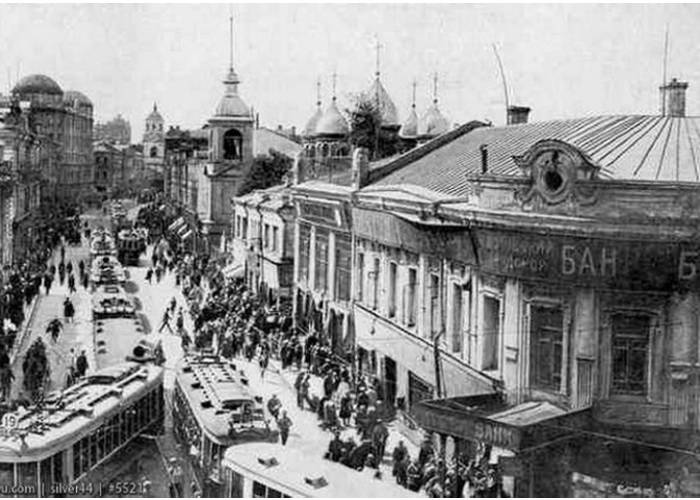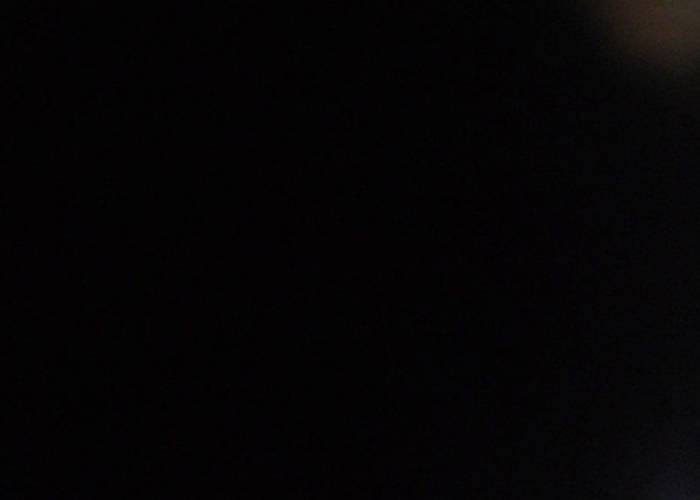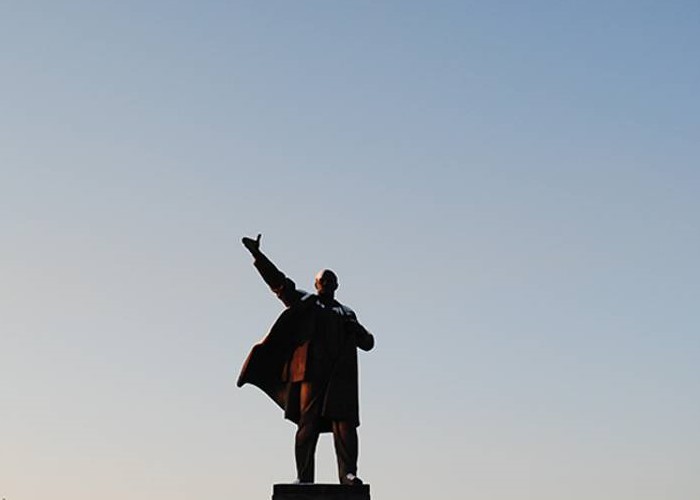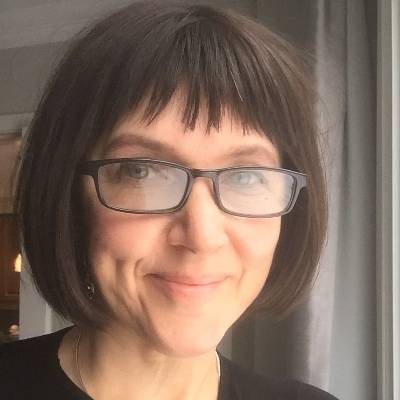Sivka, magic horse, cavorts,
sloshed Snow Maiden’s out-of-sorts,
Murka hides her gun under her skirt,
and it’s à la guerre comme à la guerre:
in the land where birch is loved by all,
in the boondocks and the capital,
it’s endless parties wall-to-wall—
the Soviet Union’s centennial year.
See flags entwine—tricolor with the red,
forgetting any arguments they’ve had,
like business partners forging straight ahead,
or like a rookie with his AK gun.
And to ensure their path is clear—
away from Facebook they are steered,
decisively, past doubt and fear,
by a strong hand, equaled by none.
And when I read that someone in high fettle
is ordering that all shout out, “To battle!”
and promising to give away berettas,
piling up horrors in an endless list,
then I remind myself, quite simply,
that I bailed out in nineteen-ninety,
after consuming all of that aplenty.
And then I think: yes, happiness exists.
***
К СТОЛЕТИЮ СССР
Мелькает сивка, вьётся бурка,
горланит пьяная снегурка,
наган под юбку прячет мурка,
и алягер ком алягер:
в стране берёзового ситца,
и в захолустье и столице,
не умолкая праздник длится –
столетие СССР.
Вот серп и молот с триколором
сплелись, забыв былые споры,
как бизнесовые партнёры,
как новобранец и АК,
поскольку верною дорогой –
прочь от фэйсбука и тиктока –
ведёт решительно и строго,
ведёт могучая рука.
Когда читаю что такой-то
велит орать погромче “гойда!”
и хочет всем раздать по кольту,
и прочую такую жесть,
тогда я вспоминаю просто,
что отвалила в девяностом,
наевшись этакого досыта.
И думаю, что счастье есть.
